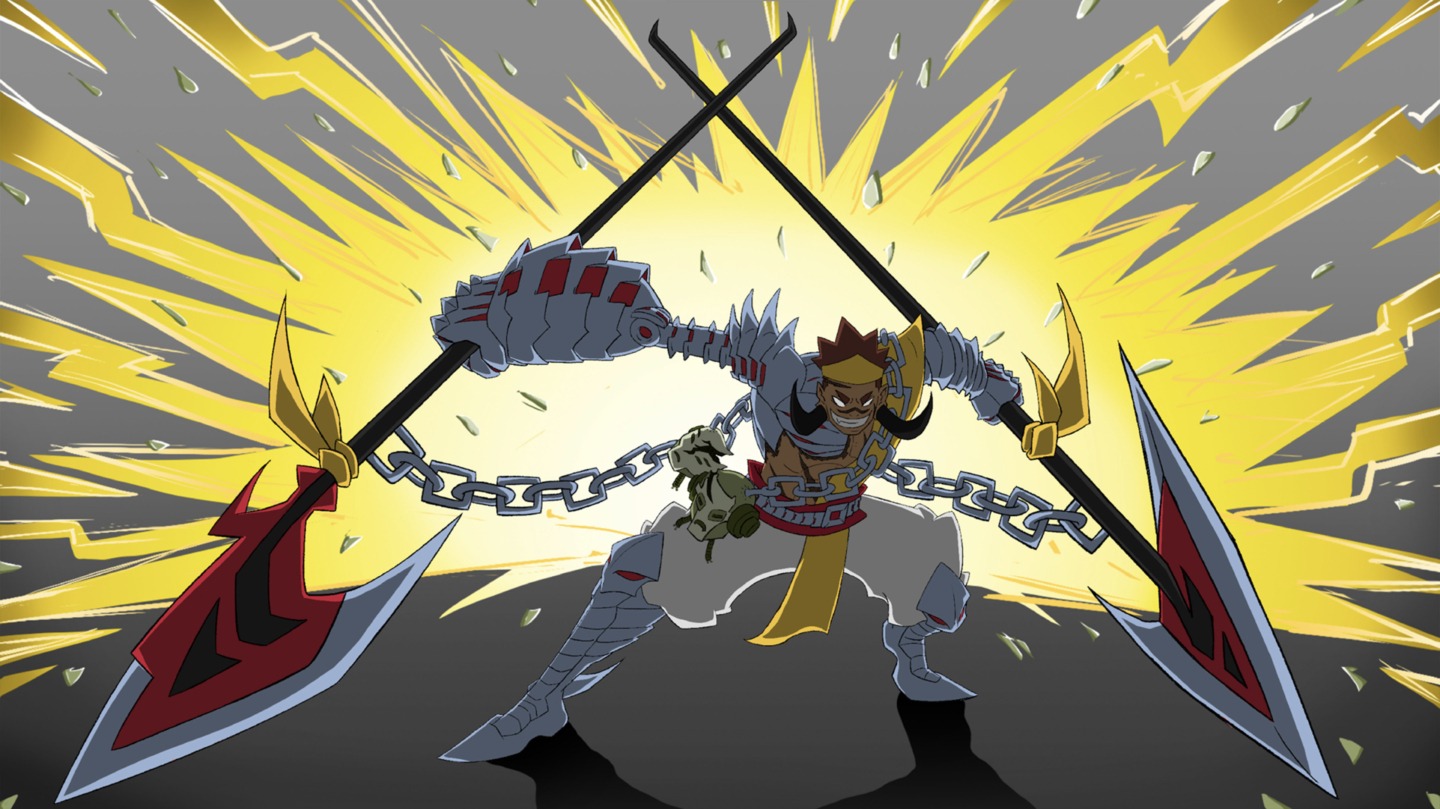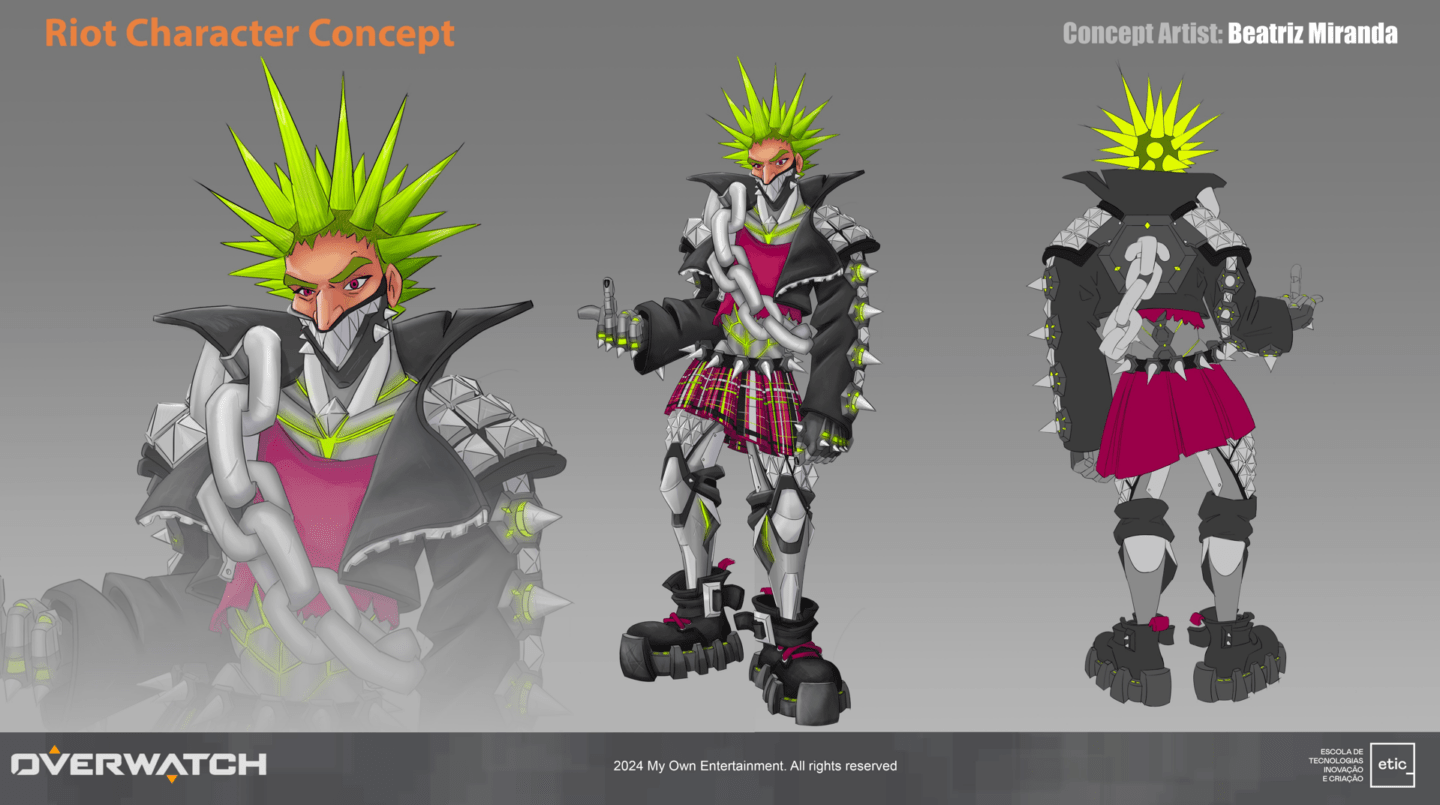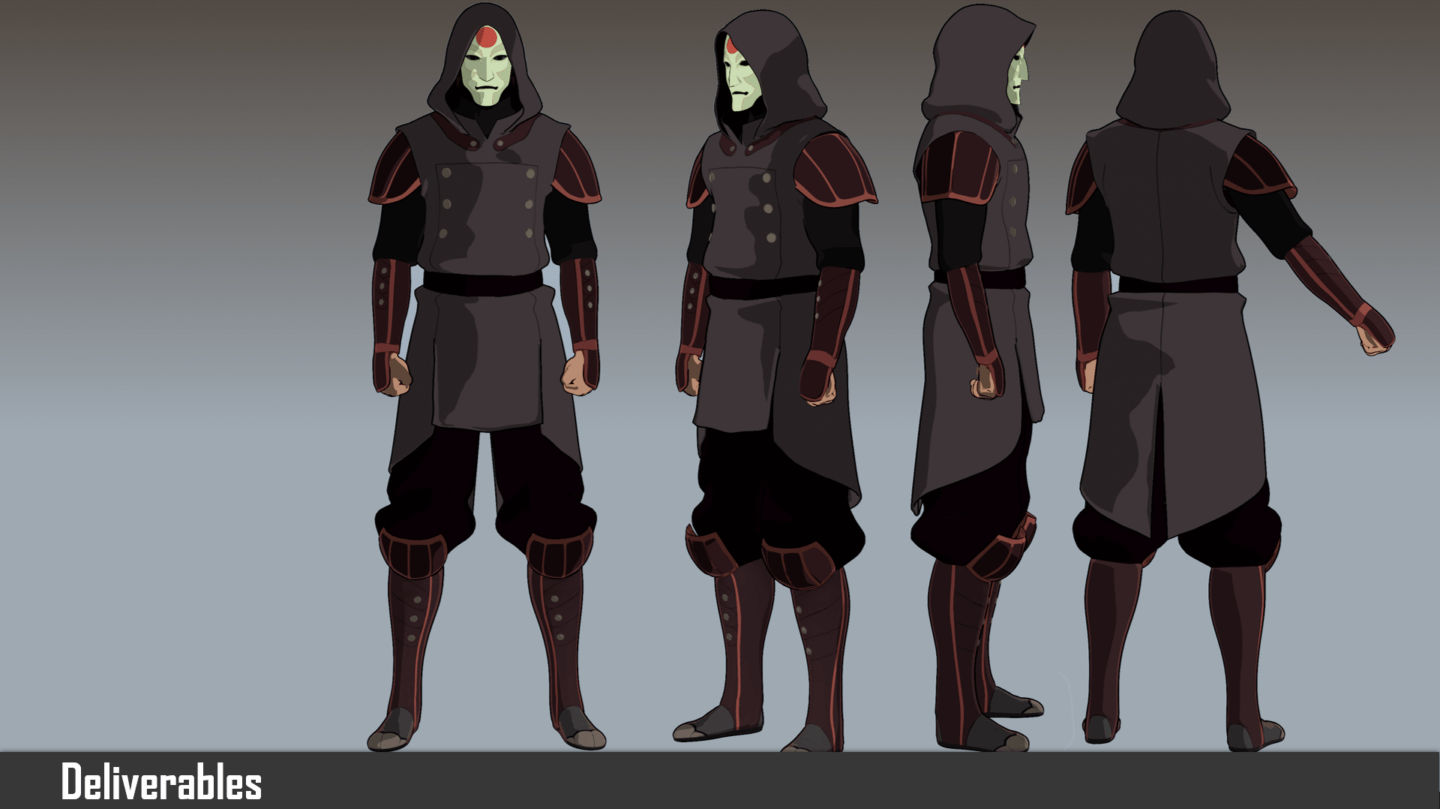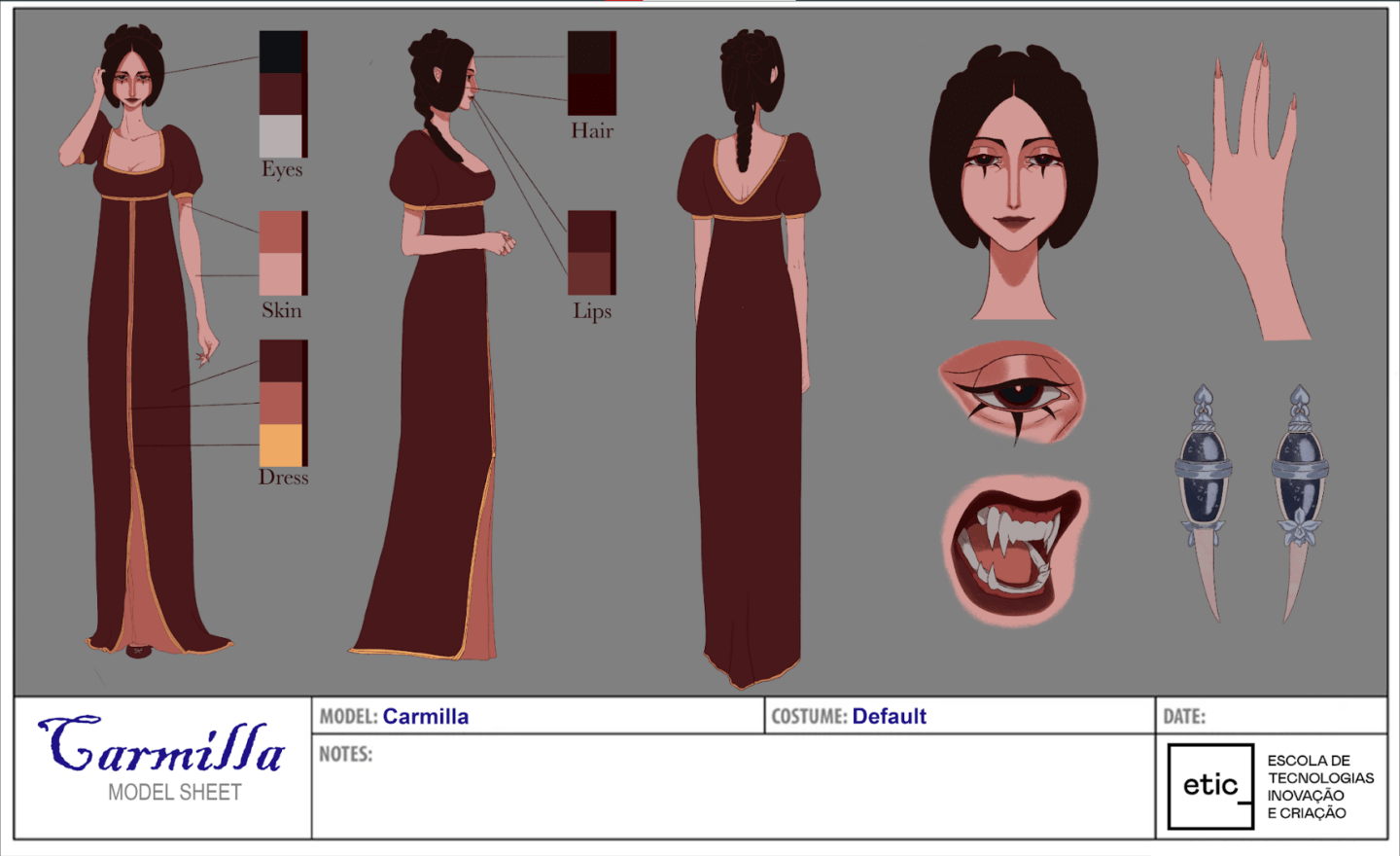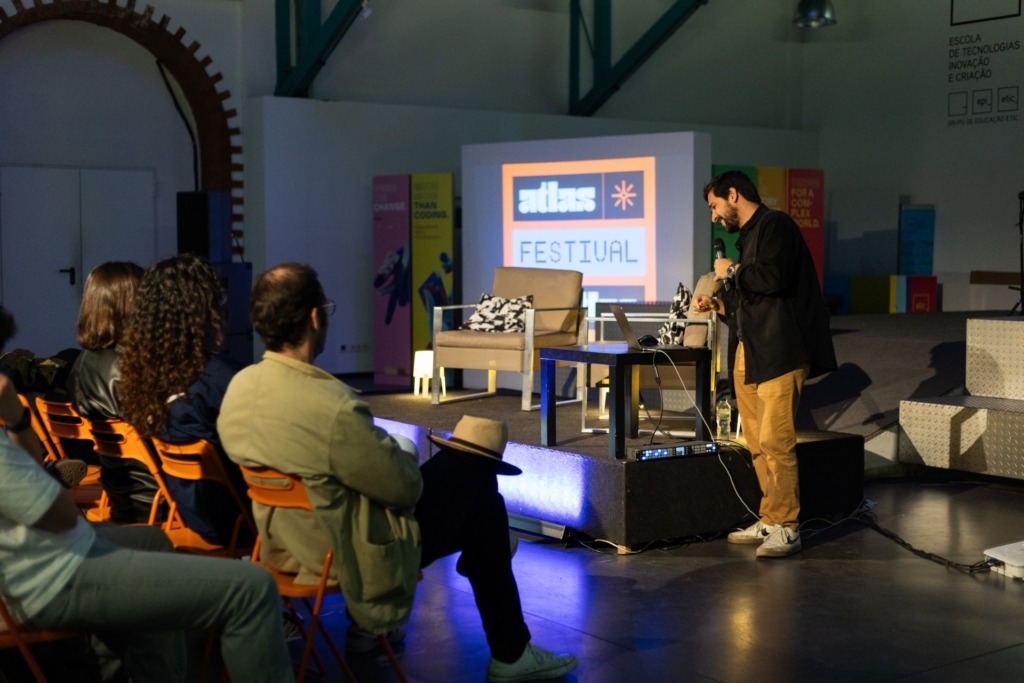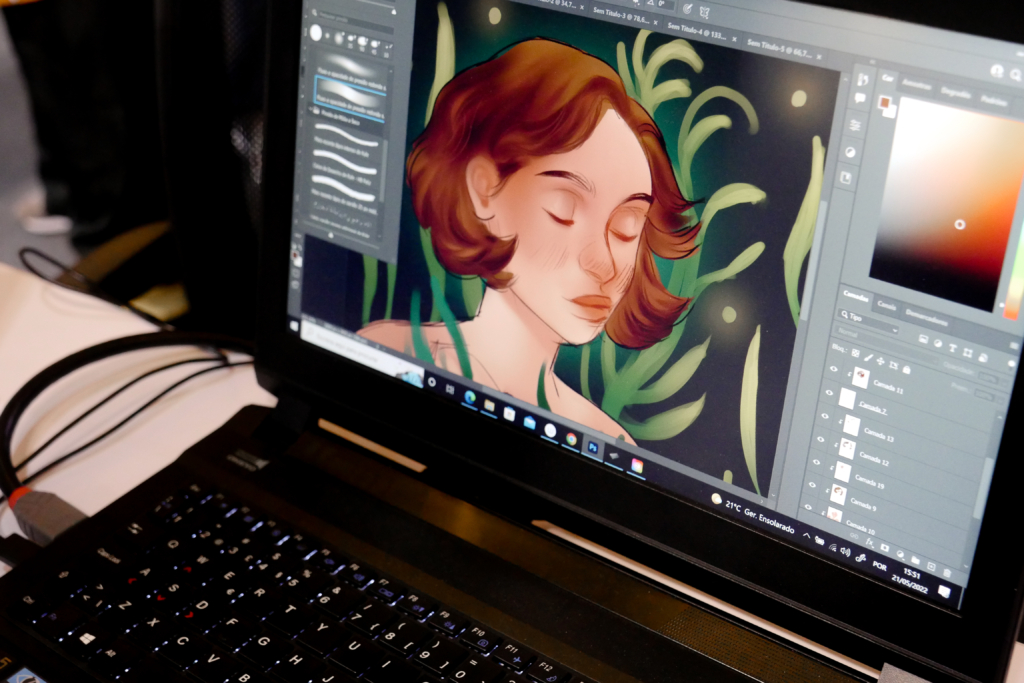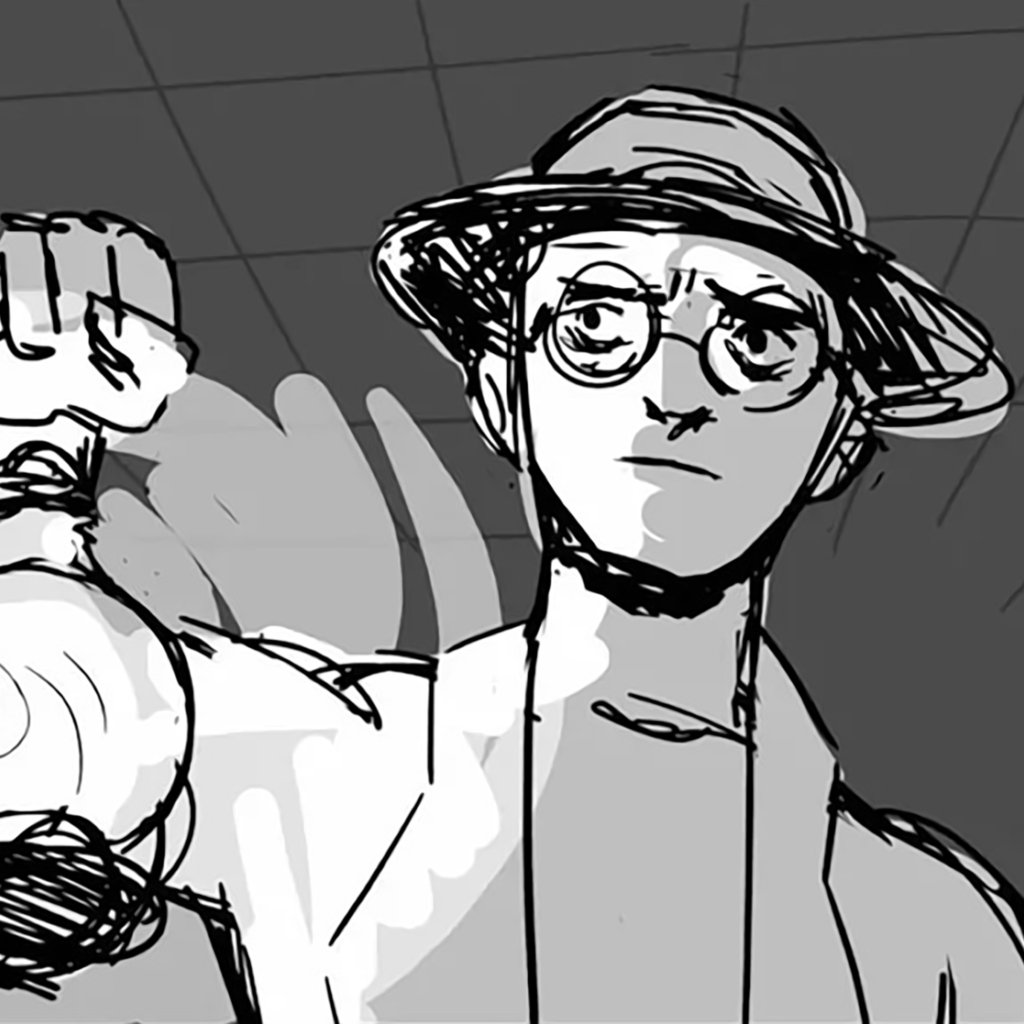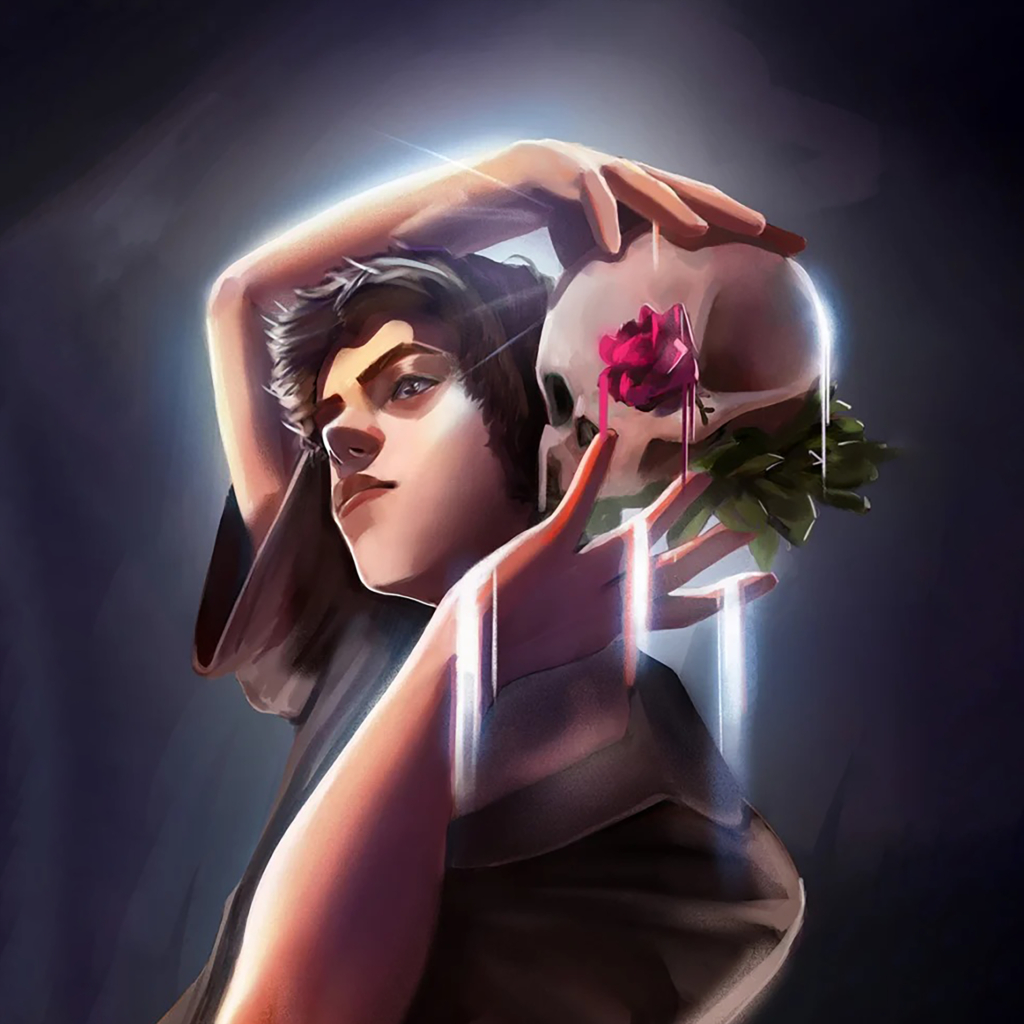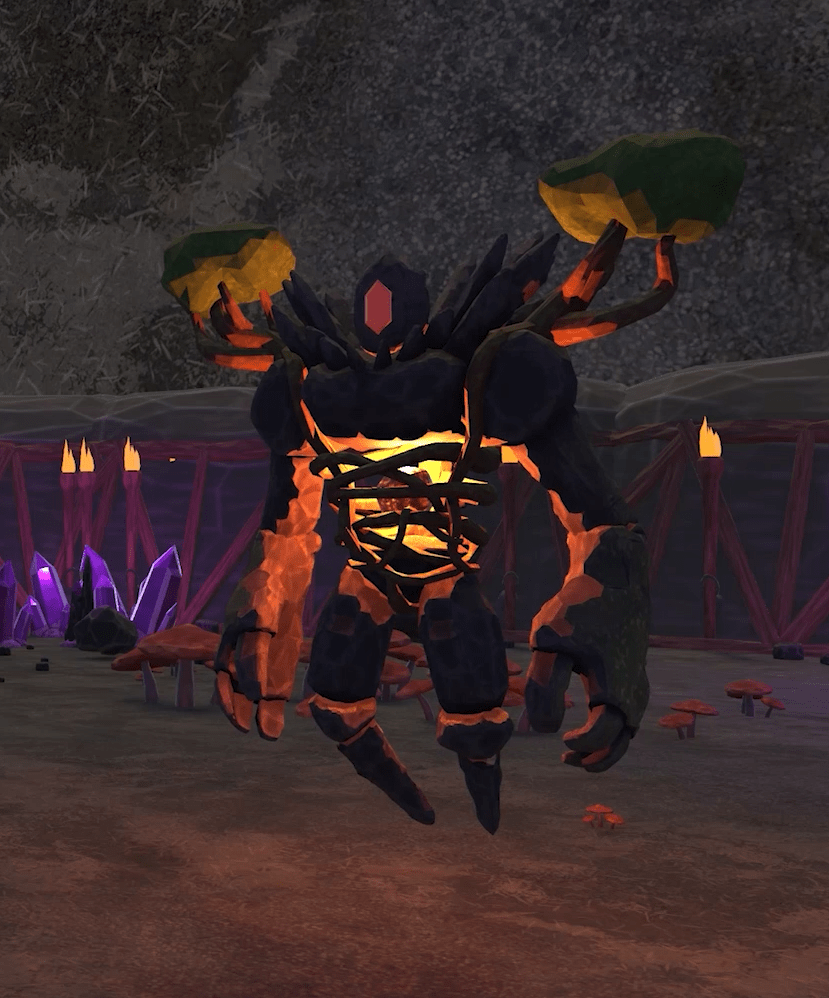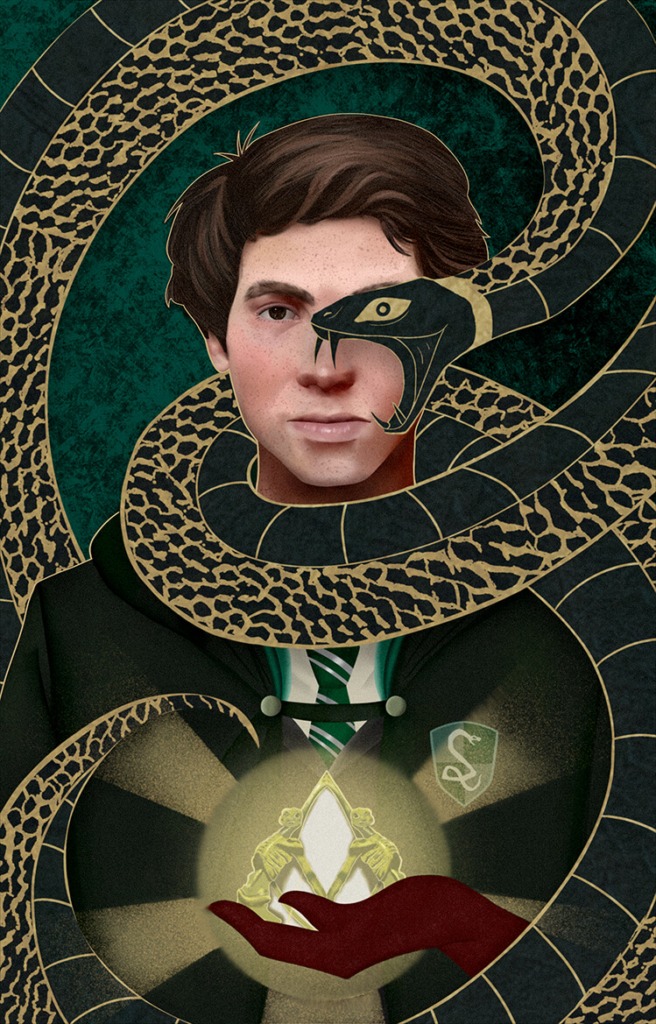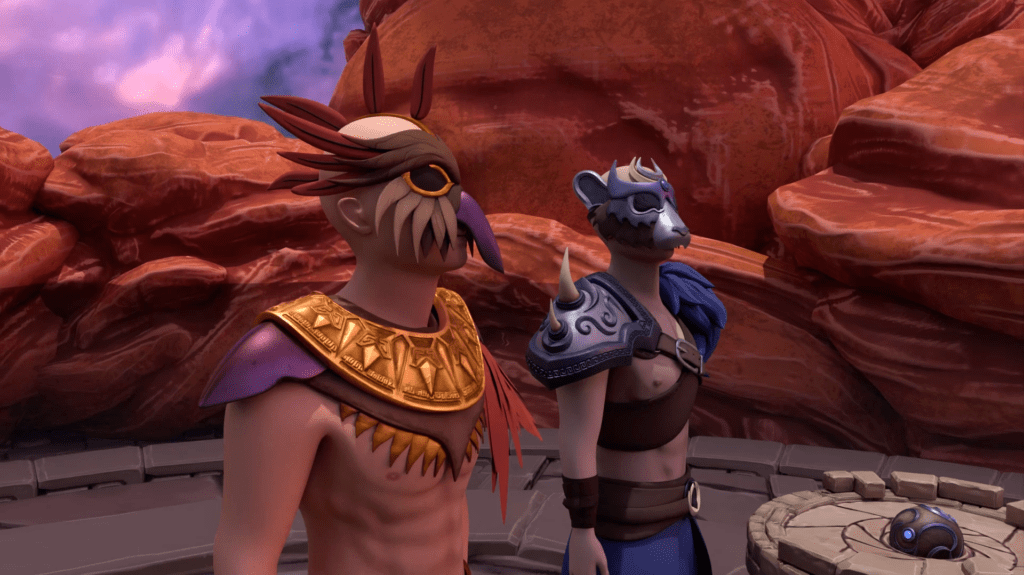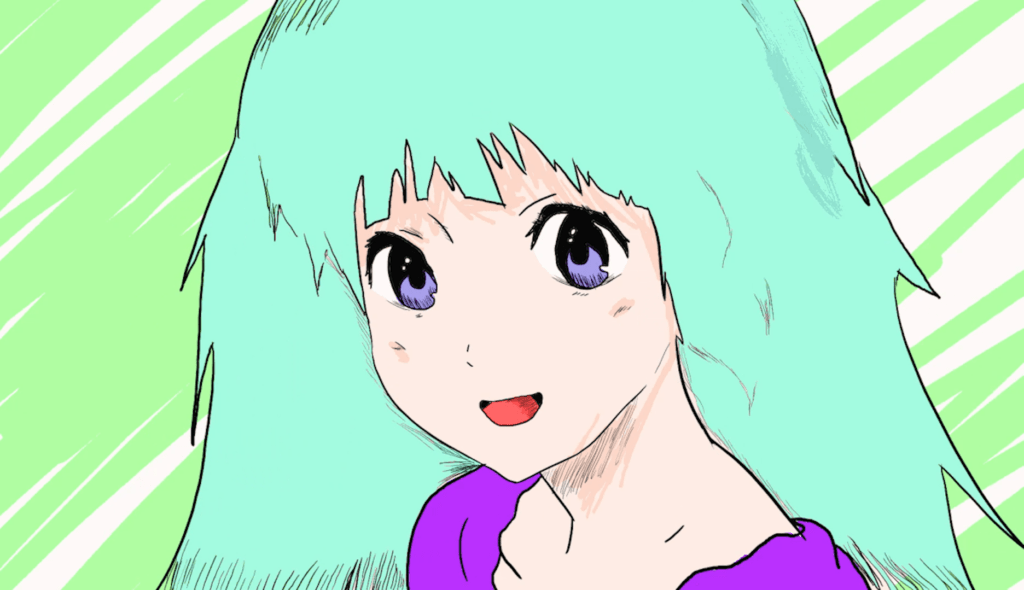OVERVIEW
It is a year of study progression for students who have finished 2 year courses in Animation & Videogames area / Pearson BTEC international certification, and also for other students whose equivalence can be granted. Certified competence in the English language is required.
The course offers an effective combination of research, critical analysis, design and professional practice, and allows the improvement and knowledge of methodologies necessary for an international career.
Through hands-on learning and industry-focused training, students gain the preparation needed to succeed globally. The school offers a creative environment with strong connections to the professional world, fostering close collaboration between students, teachers and industry experts. Real briefings, professional partnerships, and participation in events and festivals provide practical experience and valuable networking opportunities.
PROGRAMME
Requirements: 240 CATS and B2 English Level
Students from other schools whose equivalence can be granted can also enter and attend this 3rd year.
You will evaluate the industry skills requirements for your future career plan and identify gaps in your knowledge that you really want to fill. List all the things you still want to try before you graduate be they technical (e.g. rigging) or creative (e.g. creating assets in the anime style), and then design a project to allow you to achieve these things.
This module is front-loaded and will take most of your attention for the first few weeks of your final year. The decisions you make in this module will inform everything else you do in your final year and ensure your Final Major Project ticks all the boxes you need it to.
The Professional Engagement module has been designed to develop three key areas that are vital for professional success.
The three areas are: graduate skills and employability; professionalism; career and personal development.
This module is a chance to press all the buttons you haven’t pressed yet and develop industry level skills in the areas you need for your future career. The things you learn in this module will directly inform your Final Major Project (FMP) so that you know when you start it that you can hit the ground running and spend more time in production and less in making mistakes.
You will also do any previz and concept work you need for your Final Major Project.
Although practically based, this module will encourage you to engage with the theories of art and their relation to CGI/VFX and challenge you to connect your practical and theoretical understanding of art with your practice in CGI/VFX. Within this module you will also make preparatory material for your final major project such as concept art and story boards.
This module is designed to provide you with the opportunity to conduct a self-managed project of significant scale and complexity to support your Honours award. This project will form the main part of your portfolio for future employability or further study.
Show just how good you can be at your subject when you get the chance to devote significant time and effort to it. It is the culmination of all you have learned and could be your last chance (for a while at least) to channel your main energies to your own project.
CERTIFICATION
Solent University recognises the 3rd year of ETIC training and grants an equivalence corresponding to the 3rd year in the British educational system (Level 6 – 120 CATS*).
Certification obtained at ETIC is awarded by the British education system, and ETIC is not a higher education institution.
*CATS: Credit Accreditation Transfer System
TEACHING STAFF
RICARDO TOUREIRO
ETIC Course Leader
RICARDO TOUREIRO
Ricardo is a 3d artist, independent game developer and
teacher. In 2008 he achieved his bachelor’s degree in
industrial design, where he focused in merging the design
process with his passion for 3d art. After graduating,
Ricardo followed his ambitions, working as a 3d generalist
and creating interactive virtual environments for games.
With a wide range of knowledge, from game design, 3d
modeling, and programming, Ricardo has been a part of
several productions, ranging from games, architectural
visualization, and virtual environment design. Ricardo
joined ETIC in 2019 where he’s passionate about sharing
his wide range of knowledge and experience, helping
students find their path. When his not teaching or working
on personal projects, he likes to engage in landscape
photography, and organizing hikes with his friends in the
local game development community.
TIAGO PIMENTEL
Module Leader
TIAGO PIMENTEL
Tiago is an independent illustrator, concept artist, painter and
teacher. He has created conceptual and illustration work
professionally for a diverse range of projects in the video game,
advertising and publishing industries. He’s passionate about
teaching and helping aspiring artists to begin their careers, and
splits his time between freelance work and being the course
leader of the concept art course and concept art teacher at the
videogames course, both at the ETIC multimedia school. Tiago
currently lives, works and teaches in Lisbon, Portugal. And when
he’s not battling deadlines and working on top secret projects
that he can’t talk about, you’ll find him sketching outside,
drinking a good cappuccino, and playing one of the latest video
games.
DANIEL SILVESTRE
Module Leader
DANIEL SILVESTRE
A busy bee since childhood. In the Gaming industry for more
than 15 years working as a Journalist, creator, show host and a
teacher. Founder of PróximoNível, one of the first big
independent gaming websites in Portugal, that led to MyGames,
a gaming website with a TV show and magazine. The doors were
open for me to create the content and host many shows and
events, and create reviews for the magazine Exame Informatica.
Working for FNAC as a content creator was just a step away, a
road that led me to apply all my knowledge and experience,
creating written and video content about videogames and
technology, and becoming responsible for communications.
Becoming a teacher was the culmination of a life goal, as
teaching and sharing my knowledge and experience with
students is one of the most rewarding things in life. When I do
have a bit of free time, you can find me playing videogames,
writing novels, watching movies, going for walks and
micromanaging my collections.
VERA NOVAIS
Module Leader
VERA NOVAIS
Graduated in Communication Design and Master in Communication Design and New Media from the University of Fine Arts of Lisbon, Postgraduate in Cinematographic Project. She began her professional career as a student and since then has worked as an Illustrator and Graphic and Multimedia Designer for several national and international advertising and brand agencies, among which we can highlight: Ford, Red Bull, Coca-Cola, Nike, Timex , Galo Olive Oil, Kia Motors, Danone, Montepio General, Revista Visão, Nokia, Compal, Ice Tea, Fula, Fox Crime, Mafre Seguros, Nokia, Sagres, Super Bock, Record Tv Entertainment, Oficina Do Livro, Fimfa, Malaposta, Belio Magazine, Musa Design Collective, Le Cool, Re-Searcher, Roof – Interior Design Fair Trade, Arquipélago-Arquitectos.Lda. among others.
CLÁUDIO FERRO
Module Leader
CLÁUDIO FERRO
In 2017 Claudio got his Bachelor degree in Arts and Media where he learned many basics for different kinds of media, such as animation, film making, photography, story boarding, writing, 3D, among others. He develop himself in stop-motion for short film, which gave him many tools to understand the body mechanics and hone his basic of animation. Claudio completed his master degree in illustration and animation whre he developed his skills in drawing, concept design, 3D, modelling and animation. Currently Claudio is working with studios and teaching. He already collaborated with several studions such as Nerd Monkeys studios, Occidental Filmes and Inevitable Studios.
RAIMUNDO POUSADA
Module Leader
RAIMUNDO POUSADA
With over 20 years of experience, my diverse background ranges from tabletop games to lead artist and art director roles in various game genres. Alongside, I’ve freelanced in animation and visual development. Deciding to take a break from production, I designed a comprehensive programme for concept artists where my students achievements prove the programmes success.
JULES PETTITT
CAREER PATHS
Game artists use software packages to create the visual elements of a game in either 3D or 2D for one or more platforms, such as mobile, PC, arcade or console. The games industry is growing all over the world, generating more than 2 billion dollars in global sales each year.
Digital art can be applied to many creative industries, from games to TV commercials, to architectural visualisation, to illustration and beyond. Talented artists are constantly in demand and the ones that get noticed are the ones who have an excellent portfolio in their own area, and so spending a year refining your skills in the direction can be greatly beneficial. Members of the teaching staff have wide-ranging experience in the games industry and can help you to hone your skills and help you to build your industry contacts.
ERASMUS+ AND INTERNSHIPS
At the end of the programme, and subject to academic performance, students may apply for:
- an international internship through the Erasmus+ Programme;
- a national/international internship or job opportunities for industry placements with partner companies;
Applications are submitted through the Professional Integration Department (estagios@etic.pt).
ETIC provides a digital platform to communicate job offers and employment opportunities from partner companies.
FACILITIES
ETIC has top technological resources that students have access to for curricular work and personal projects. The school is your workspace, your studio, the place where you can create freely.
APPLICATION
The programme is delivered in English. English entry level: B2*
Requirements
- A Pearson BTEC Higher National Diploma, Level 5
- English Test*
- Online Portfolio or Showreel + CV
- Motivation letter
- Recommendation letter
- Interview with the course leader
All these documents should be delivered in English.
*English test can be completed remotely, on the date and time chosen by the candidate.
Choose one of the following:
•IELTS 6.0 (minimum score of 6 in the overall score and writing and 5,5 in Reading, Listening and Speaking)
•TOEFL IBT (minimum score of 80, 20 in each component)
•DUOLINGO (minimum of 115 overall with a minimum of 95 in each component)
*According to CEFR Levels.
How to start the application?
– Please fill in the form by clicking the APPLY button
– Deadline: August 31st
TUITION FEES

There are several financing programs in different banking institutions: Caixa Geral de Depósitos, Santander, Banco CTT, BPI, among others.
TERMS AND CONDITIONS
The opening of each course/class/schedule is subject to a minimum number of registrations. Registration at the desired time is limited to the number of places available.
Teaching is face-to-face and project based. The course program includes classes without a teacher to develop autonomous exercises and design practices. Autonomous or project work is important for the student’s progress in their learning. Teachers can request the development of work outside the established class hours. Classes may occasionally be scheduled outside of established times, for example to respond to projects that require this flexibility, to meet project-specific equipment needs, to respond to exercises carried out in a real context with partners, or for any other reason that supports the better achievement of the programme.
Specific technical classes and/or workshops can take place on Saturdays.
The duration of each class may vary depending on its theoretical or practical nature.
The class can be divided into groups for better learning and intensification of the development of projects and subjects.
The curriculum and the list of course teachers may be changed for reasons of pedagogical suitability or for reasons of force majeure.
For more information contact us.
